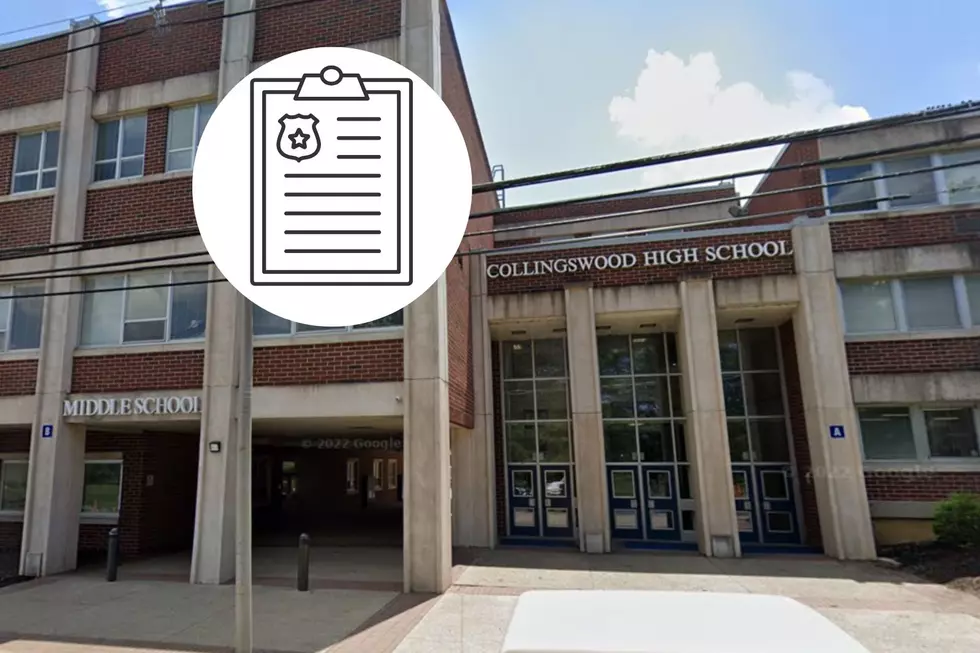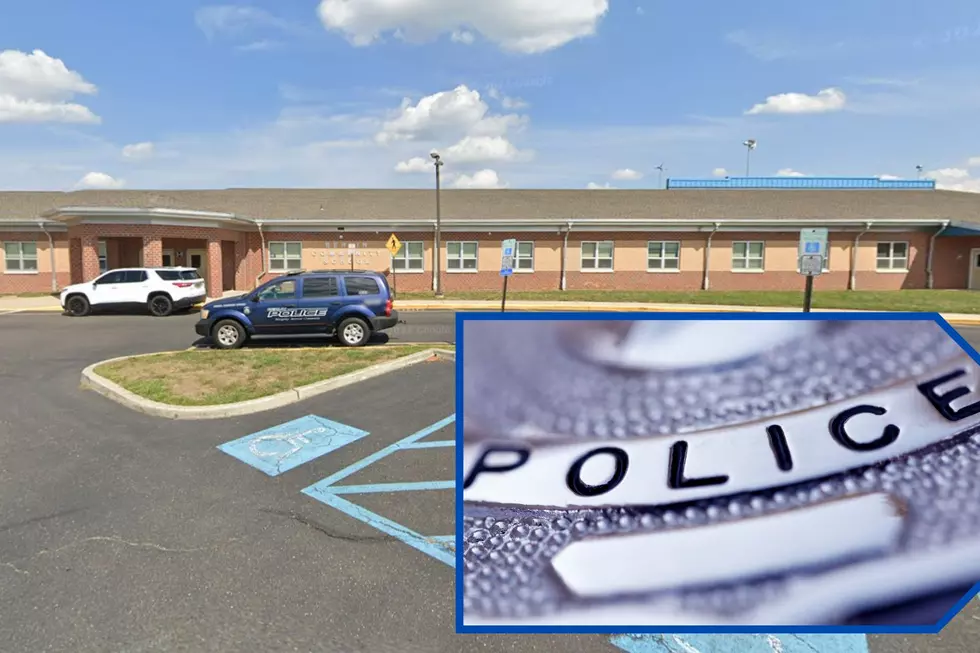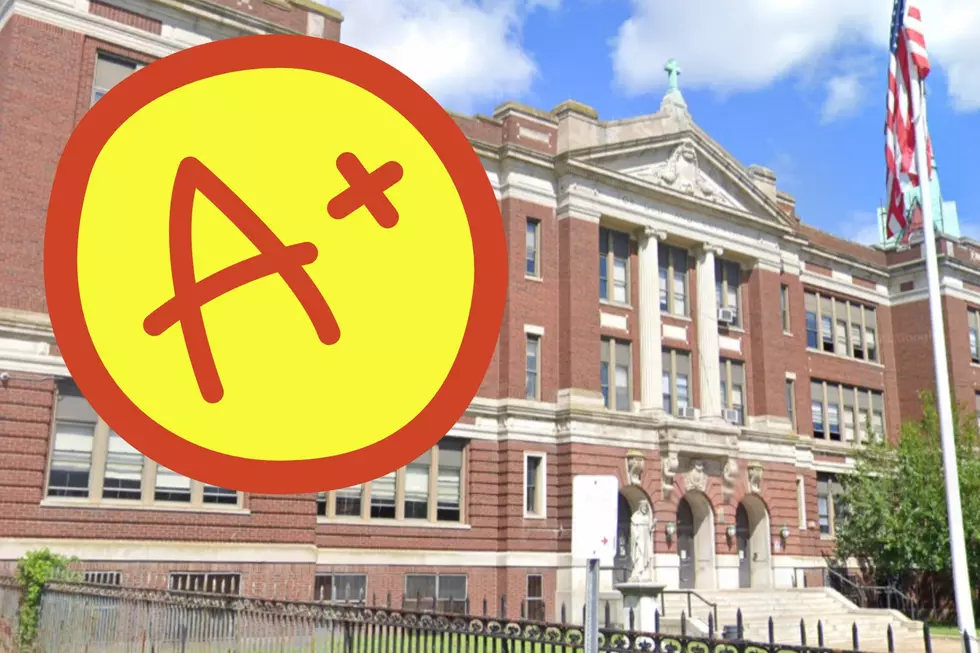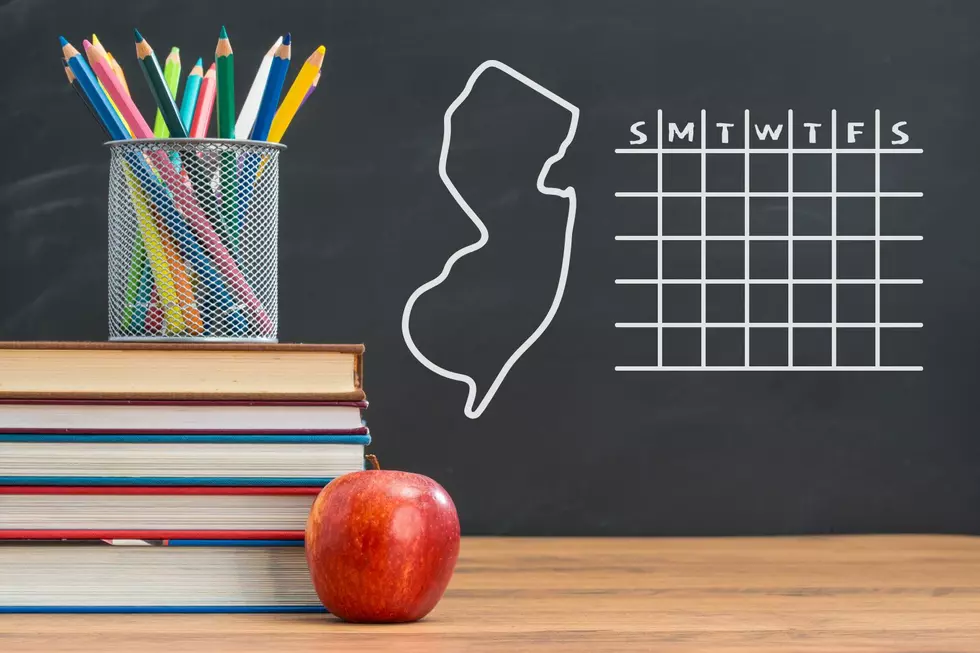
‘Day of reckoning has come’ — NJ school aid change likely in June
State lawmakers appeared to get a public acknowledgement Tuesday from Gov. Phil Murphy’s administration that school aid figures are going to be recalculated for the 2018-19 school year.
Democrats were angry the figures announced last month didn’t follow the changes they’d instituted in the current year's budget. Murphy said he was willing to talk about reforms, and private talks with legislative leaders are underway. But it hadn’t been clear when changes would take effect.
In testimony before the Senate Budget and Appropriations Committee, acting Education Commissioner Lamont Repollet said the administration is comfortable with making changes to state aid growth caps and adjustment aid taking effect in the proposed budget.
“Those two provisions, when you talk modernizing and reworking, you’re referring to those two provisions, correctly?” said state Sen. Paul Sarlo, D-Bergen.
“Yes,” Repollet said. “I’m talking about modernizing the existing formula, looking at aid growth caps, looking at adjustment aid and also looking at the contributions of local shares.”
Sarlo said “the day of reckoning has come” for adjustment aid and enrollment caps, which Repollet described as the floor and ceiling for aid amounts under the School Funding Reform Act. Sarlo said officials have weeks, not months, to resolve it.
“You concur with the Legislature that a final budget would include a reworking of both of those items? In order to get the support of the Legislature, quite frankly, it’s going to happen. So the administration understands that a budget that will be coming back from the Legislature will include a reworking of both the state aid growth caps and the adjustment aid?” Sarlo said.
“Yes,” Repollet said. “It will include modernizing the formula.”
“OK,” Sarlo said. “And you’re comfortable with that?”
“Yes,” Repollet said.
Repollet said the formula needs to be “updated, a different version” – reflecting 10 years of shifting demographics and population growth.
“When I talk about modernize, I’m talking about a version that represents 2018, that represents the students of 2018 and represents the growth of New Jersey,” Repollet said.
It’s not clear how many might wind up receiving less aid than promised last month, once the funding is reallocated. Repollet said the Department of Education will work with ones that get unwelcome news.
“I’m concerned. However, our school districts are resilient. Last year was one of the examples in which the numbers came out and then during the course of the school year, the end of the school year, the numbers changed. And there was a rework of numbers,” Repollet said. “So our districts are resilient. I think the districts are very aware of what’s going on with this legislative body.”
Repollet said 34 school districts are getting more state aid than the formula would provide if it was being followed. State Sen. Troy Singleton, D-Burlington, asked for a list.
“There are a whole host of school districts, I imagine many in this room and elsewhere, who are nowhere near close to 100 percent of school funding. And we have 34 districts who are getting more than 100 percent,” Singleton said. “There’s nothing more fairer than making sure that people don’t get more than they’re supposed to and others get drastically less.”
It would seem apparent that the 6 percent of districts, 31 in all, that are slated to get the same amount of aid next year as they’re currently receiving are among them, for Repollet said those districts were actually in line for aid reductions.
The Department of Education also published a spreadsheet online, for information only, comparing each district’s full formula K-12 amounts calculated for the 2018-19 school year with their actual aid proposals. That list shows 45 districts getting more aid than the formula allows.
Those districts include the following, grouped by county, showing the aid above the formula allocated to each:
- Atlantic: Buena Regional, $546,074; Estell Manor, $202,559; Port Republic, $63,349
- Burlington: Washington Township, $86,701
- Camden: Brooklawn, $132,585; Oaklyn, $98,879; Waterford, $166,921
- Cape May: Cape May, $57,377; Dennis, $92,124; Lower Cape May Regional, $761,881; West Cape May, $3,929
- Cumberland: Commercial, $78,341; Downe, $89,019; Lawrence, $7,368
- Gloucester: Clearview Regional, $824,053; Delsea Regional High School District, $381,559; Elk, $60,133; Glassboro, $71,938; Harrison, $206,468
- Hudson: Hoboken, $1,069,199
- Hunterdon: Bloomsbury, $286,288; Califon, $25,451; Clinton Township, $302,694; Delaware, $88,516; East Amwell, $157,165; Frenchtown, $154,323; Hampton, $37,857; Milford, $31,640
- Middlesex: South Amboy, $13,695
- Monmouth: Deal, $12,602; Freehold Regional, $885,391; Neptune City, $93,351; Roosevelt, $213,779; Union Beach, $37,569; Upper Freehold Regional, $47,019
- Ocean: Beach Haven, $619; Plumsted, $421,093; Tuckerton, $565,991
- Salem: Upper Pittsgrove, $252,837
- Somerset: Hillsborough, $81,254
- Sussex: Byram, $179,052; Lafayette, $140,013; Montague, $68,702; Ogdensburg, $259,688
- Warren: Greenwich, $455,185
That’s not to say those districts would lose that much funding, as any changes are likely to be phased in. That’s also not to say other districts won’t be affected by the reductions if the state alters hold-harmless adjustment aid.
“I recognize we can’t say, ‘Bang, it’s all gone right now,’” said state Sen. Sam Thompson, R-Middlesex. “But it is time. It is time that we begin to phase it out. The governor in his inaugural address and in his budget address said he wants to make New Jersey fairer. Well, this is not making New Jersey a bit fairer.”
Repollet said the state-aid figures followed the funding formula as it currently exists in state law.
“The formula right now is what we have. It’s the law,” Repollet said. “Until we actually work with the legislative body, the Governor’s Office, the Department of Education to really look at that and then hopefully make some revisions so we can have a new formula, or new funding, we’re only going to look at current law and see how can we make it meet the needs of our students and our districts now.”
But state Sen. Declan O’Scanlon, R-Monmouth, said the Murphy administration included other policy positions and priorities in the budget, such as the millionaires’ tax and legalized marijuana, but failed to do so with changing the school-aid formula – “a colossally missed opportunity.”
“I realize that everybody decided, ‘Wow, we made a mistake, we’ve got to backtrack here’ – governor included. And I applaud that,” O’Scanlon said. “But I think it would just help everyone have more faith in the credibility of the administration if everybody said that.”
“The problem with not having telegraphed that we’re going to fix these things is the chaos within all these districts,” O’Scanlon said. “You come out of Asbury Park. Well, this administration now has promised Asbury Park more money this year. Should they be budgeting with that? You said they’re resilient, and yes they did make it work last year and they’re going to be. It’s just not fair.”
New Jersey: Decoded cuts through the cruft and gets to what matters in New Jersey news and politics. Follow on Facebook and Twitter.
Michael Symons is State House bureau chief for New Jersey 101.5 and the editor of New Jersey: Decoded. Follow @NJDecoded on Twitter and Facebook. Contact him at michael.symons@townsquaremedia.com
More From New Jersey 101.5 FM









